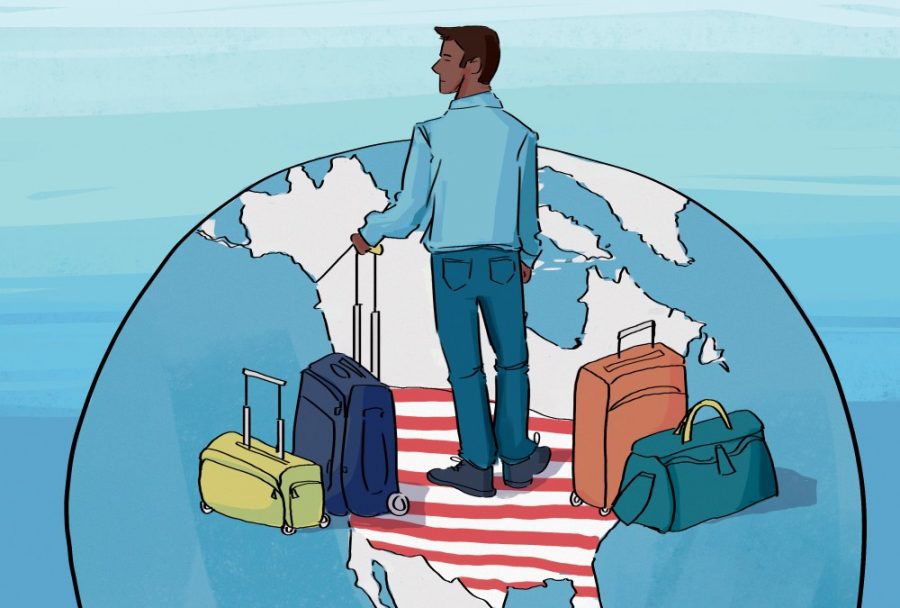The University is adapting travel experiences for faculty and students this fall as restrictions get extended to Sept. 30.
The details of travel operations across the University of Minnesota remain unknown amid the uncertainty of the COVID-19 pandemic. It is not yet known whether the University will further extend these restrictions.
“The real reality is that our travelers’ ability to go anywhere is based on the host country’s willingness to accept our travelers,” said Kevin Dostal Dauer, director of International Health, Safety and Compliance for the Global Programs and Strategy Alliance at the University.
“Because of the way that the United States has managed the outbreak of coronavirus, I think there’s a lot of places that are not willing to accept U.S. travelers. And as a result, our University travelers will be restricted in terms of where they could even go if our restriction was lifted.”
When travel eventually begins to resume, individuals will continue to have to register with the University and have proof of insurance prior to traveling internationally, as per usual University policy.
Additionally, many student study abroad programs have been canceled for fall semester, although the University is offering many virtual programs and internships as an alternative.
“We’re having really great internship experiences for our students. We do anticipate continuing those experiences this fall. There are still, systemwide, a few programs, opportunities and options for a limited number of students who may still potentially be going abroad,” Dauer said.
These opportunities are dependent on the University’s travel status going into fall semester.
Evan Skillman, an astrophysics professor who travels frequently to conduct research and attend conferences, has been participating in these experiences virtually.
“I’m collaborating now with a group, and we’re organizing a meeting in Brazil,” Skillman said. “Now we’re talking about how we can continue that series, but have it totally online. And for an international conference, it’s a tremendous challenge.”
Other in-person commitments are being rescheduled for at least one year from now, he said.
“I probably have the privilege of having this attitude because I’ve been in my position for 30 years. I think it’s the young people that bear the biggest impact. I can sit back and concentrate on other things that’ll happen in a year. It’s really got to be impacting them much more than it is me,” Skillman said.
Roger Rusack, a physics professor who also travels frequently, will have to receive approval from the U.S. Department of Energy before returning to his work with proton physics in Europe. As of now, only essential workers are being considered for return.
The researchers have also been continuing their work using remote meetings, he said.
“We’ve been using extensively remote communications, which we were very familiar with beforehand because of the international nature of the project. It hasn’t been so new, and we have been doing this for years ahead,” Rusack said.













